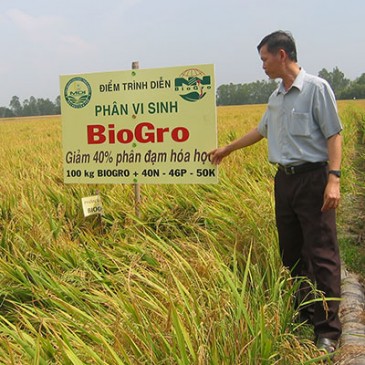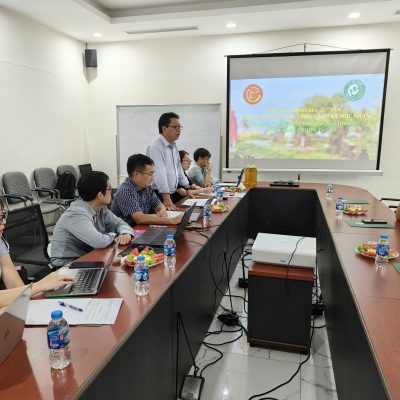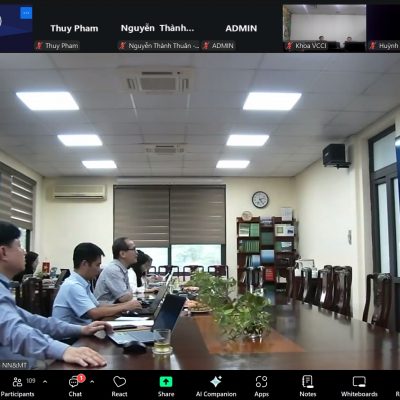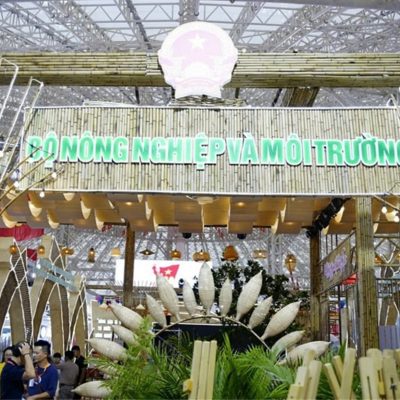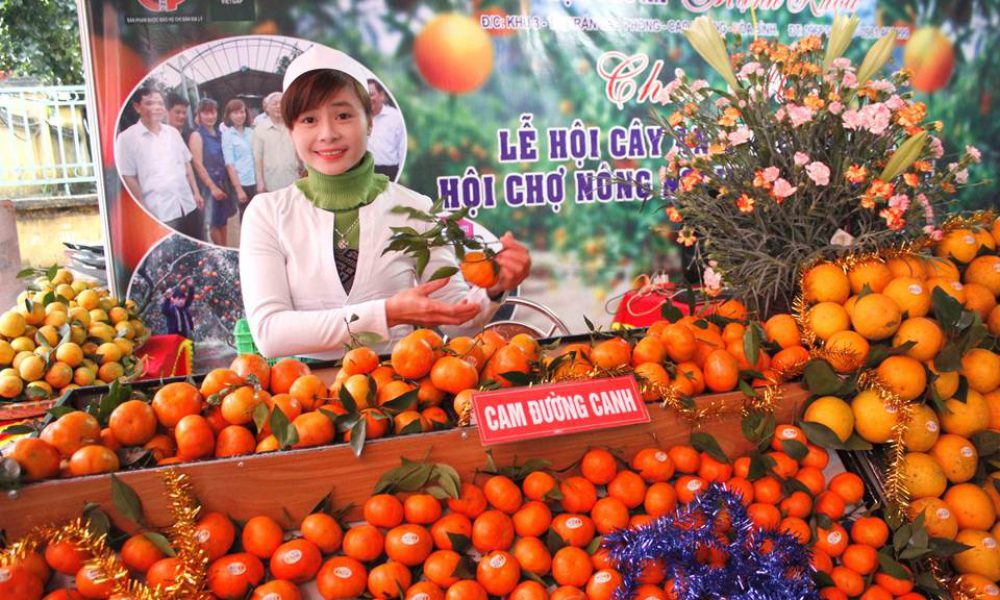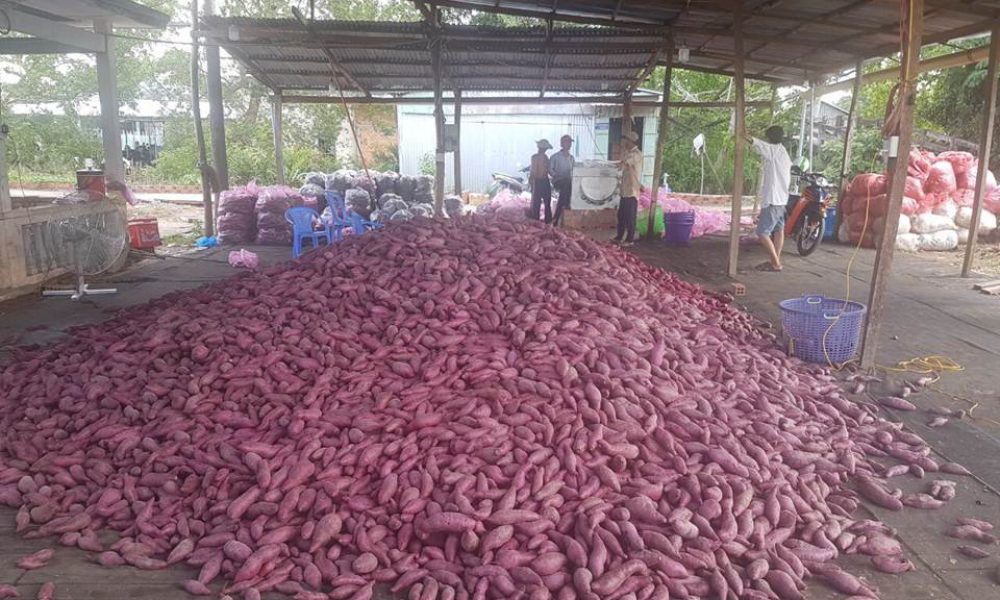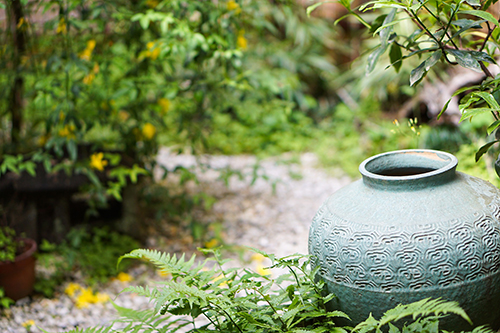
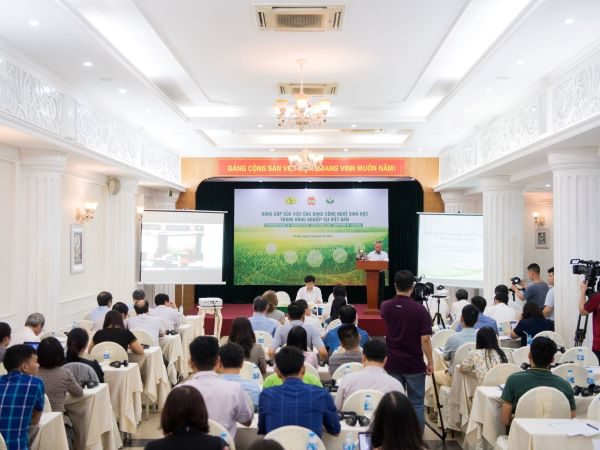
Contribution of Biotech crops to Agriculture in Vietnam
Day 7/4, At Hanoi, Seed Trade Association (VSTA) with Central Vietnam Farmers Association (HND) and International Organization and Application and Acquisition of Biotechnology in Agriculture (ISAAA) has co-organized the workshop with the topic: "Contribution of Biotechnology Crops to Agriculture in Vietnam". With the participation of representatives of state management agencies, the scientist, Representatives of the Department of Agriculture of the provinces, international experts, domestic and foreign companies, The workshop is a forum for sharing information on current status of biotech crop application (CNSH) globally as well as in Vietnam and discuss economic impacts in particular, The society and environment of biotech maize follows 5 year of domestic farming license.
Opening speech of the workshop, Mr. Tran Xuan Dinh, vice president, General Secretary of the Vietnam Seed Trade Association said: “In the first decades of the century 21, to the agricultural sector, we see a scientific breakthrough, especially biotechnology with the invention of genetic technology, gene technology, microbiological technology ... Many cultivars created by biotechnology are present in Vietnam, Help farmers transform crop structure, pet, Increase income by increasing yield and reducing the cost of pesticides. ”
Biotechnology (CNSH) Application in agriculture is considered one of the outstanding scientific achievements of the last century, So far it is being proved superior by increasing global application data as well as economic impacts., positive society and environment that technology brings to farmers, consumers and communities. As reported by ISAAA, with more 3 African country, The number of countries cultivating biotech crops has increased 29 in the year 2019. Inside, 5 The leading country with the largest acreage of biotech crops is the United States, Brazil, Argentina, Canada and India. Estimate, approx 1,95 billion people, equivalent to 26% World Population, to benefit from biotechnology in the year 2019.
Dr. Rhodora R. Aldemita, South East Asia Regional Director cum Director of the ISAAA Global Knowledge Center for Biotechnology added: "Year 2019, in total 190,4 Millions of hectares of biotech crops cultivated make an important contribution to addressing food security issues, Sustainability, mitigate climate change as well as improve the livelihoods of more 17 Millions of farmers applying biotechnology with their families globally. Vietnam is one 3 the country has a double-digit growth in acreage under the biotech crops along with the Philippines and Colombia ”.
Global analysis of biotech crop impacts, Dr. Graham Brookes - PG Economic Institute has cited the data in the most recent study published year 2020: “Up to the year 2018, The total income increase goes to farmers cultivating biotech crops 19 billion US dollars – that is, for every US dollar of additional investment in biotech seeds, the extra profit is 4,42 U.S. dollar. Besides that, year alone 2018, Biotech crops also help to limit the total amount of CO2 released into the environment approximately 23 Billion kilograms is equivalent to elimination 15.3 million cars circulating on the inner road 1 year". Theo TS. Graham, Farmers, especially smallholder farmers in developing countries, benefit more clearly from biotech crops., not just from increased crop yields (from 10 next 16,5% Depending on the type of crop), profit increased (average approx 103 USD / ha) but also helps to reduce the amount of pesticides used, thereby reducing negative impacts on the environment 19% (according to EIQ index).
In Viet Nam, Biotech crops have been officially licensed from commercial cultivation 2014-2015 on corn plants. Maize is also one of the main crops in the agricultural production structure and Vietnam is also one of the most cultivated maize countries in the world.. The introduction of biotech varieties at that time was seen as one of the important tools to help continuously improve productivity and quality of production., value added and made corn farmers more profitable, thereby strengthening Vietnam's capacity to secure supplies for the domestic food and feed chain.
Year 2019, Total cultivated area of biotech maize approx 92.000 hectares, account for about 10% total corn area in the country. Especially, double-digit acreage growth rates in recent years suggest that farmers' adoption of this technology is increasing.. Namely 2015, The application rate remains modest at approx 3,500 Occupied hectares have not arrived yet 1% total area; Until now, the application area has increased 26 times. Only compare the stage alone 2018 – 2019, the growth rate is 86%.
In the year 2019 – 2020, Vietnam Seed Trade Association in collaboration with Institute of PG Economics (England) conducted a study evaluating and analyzing the effects of biotech maize on the following herbicide tolerance and insect resistance transgenic traits. 5 year of cultivation. The study conducted interviews with maize farmers (both conventional and biotech maize varieties) in key corn producing regions of the country. This is also the first farmer-level study in Vietnam on biotech crops.
Source: Ministry of Agriculture and Rural Development

